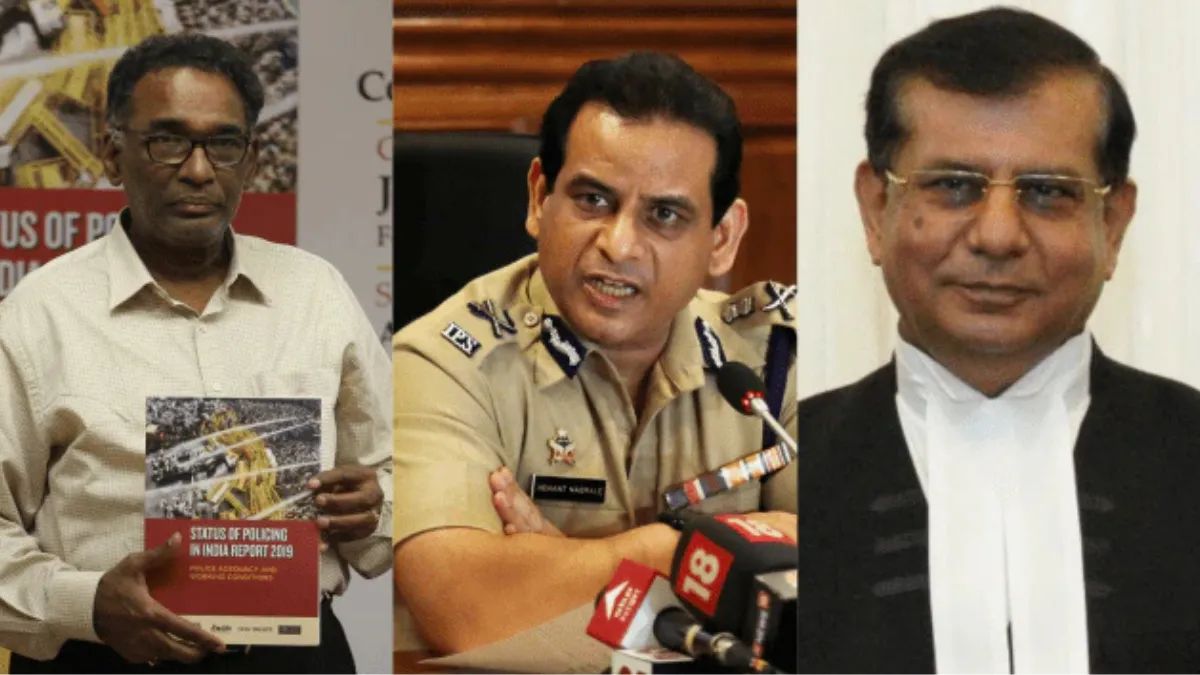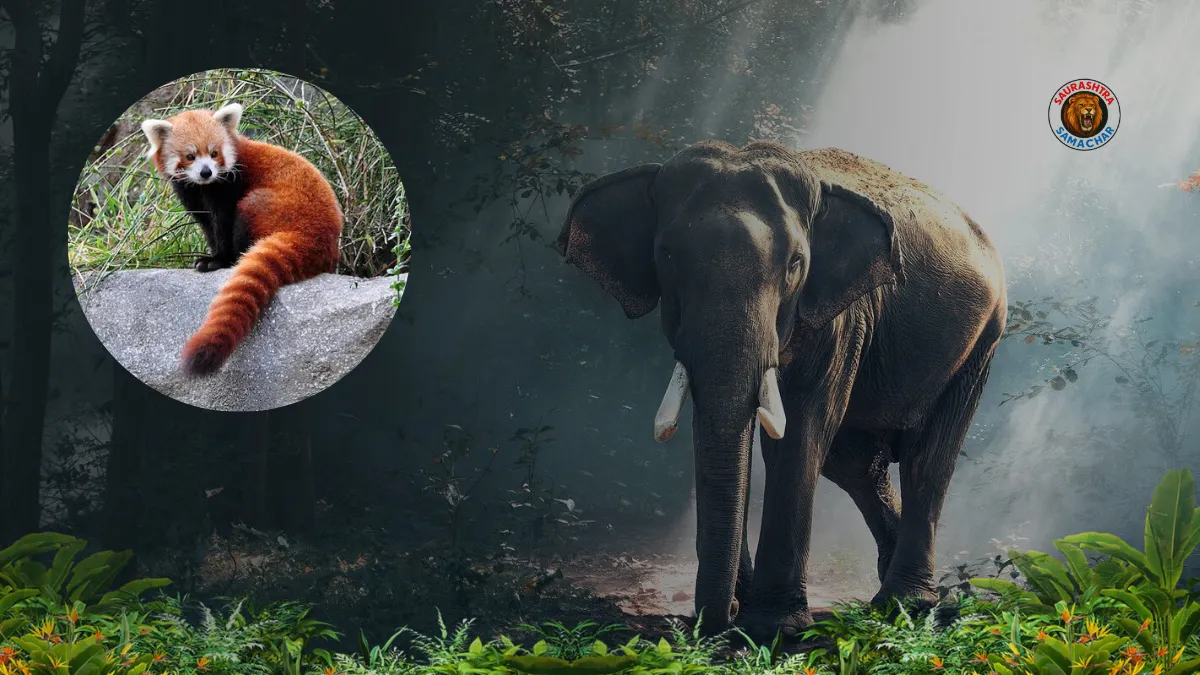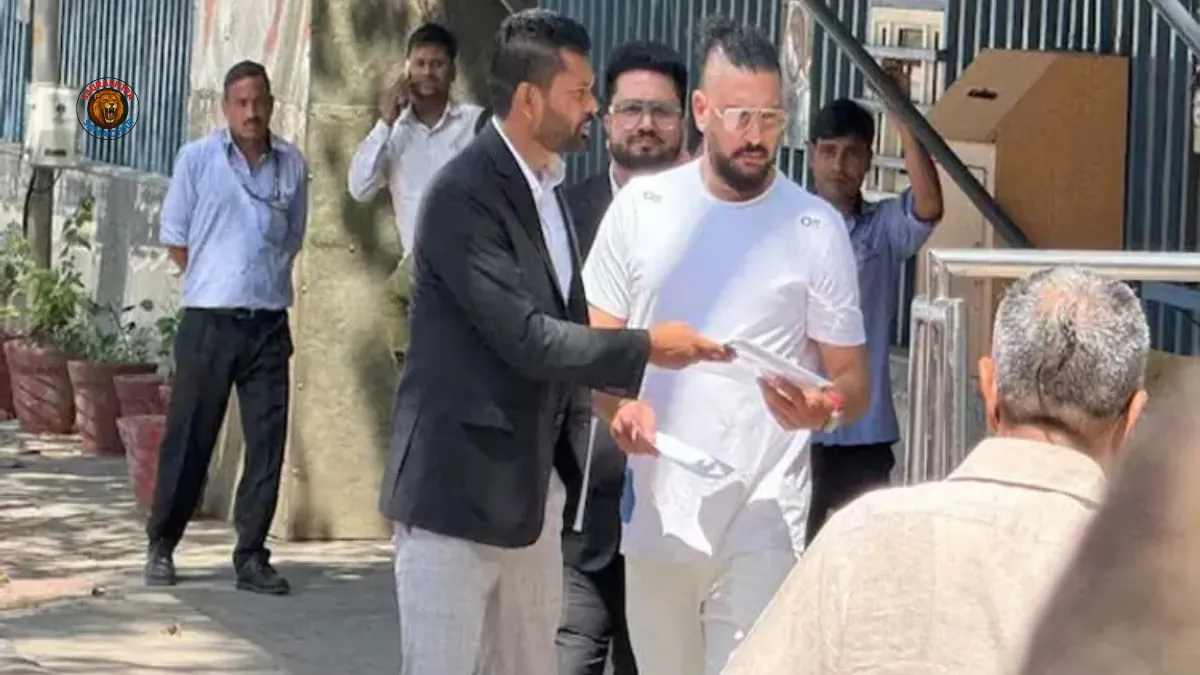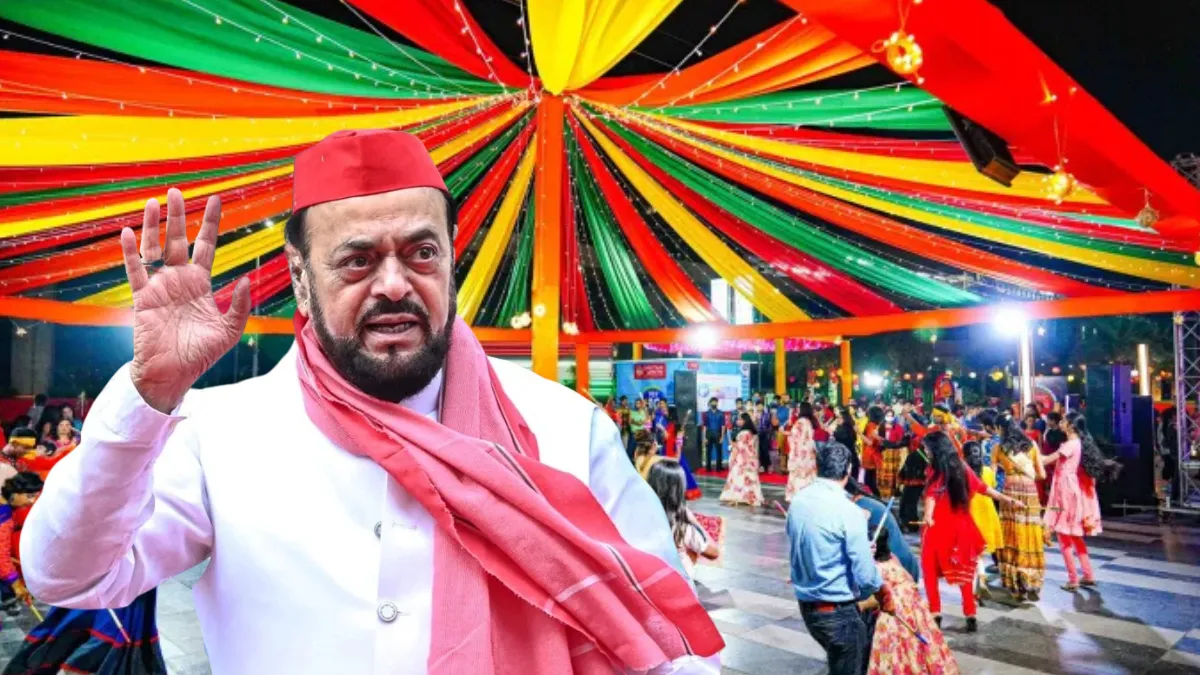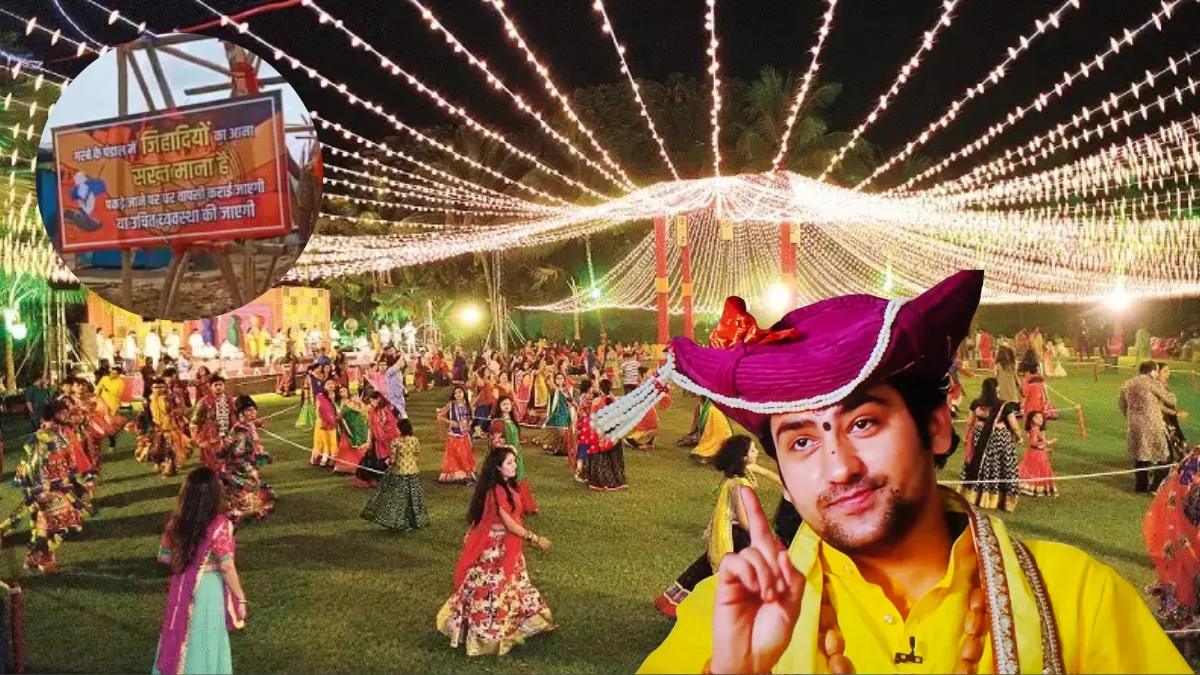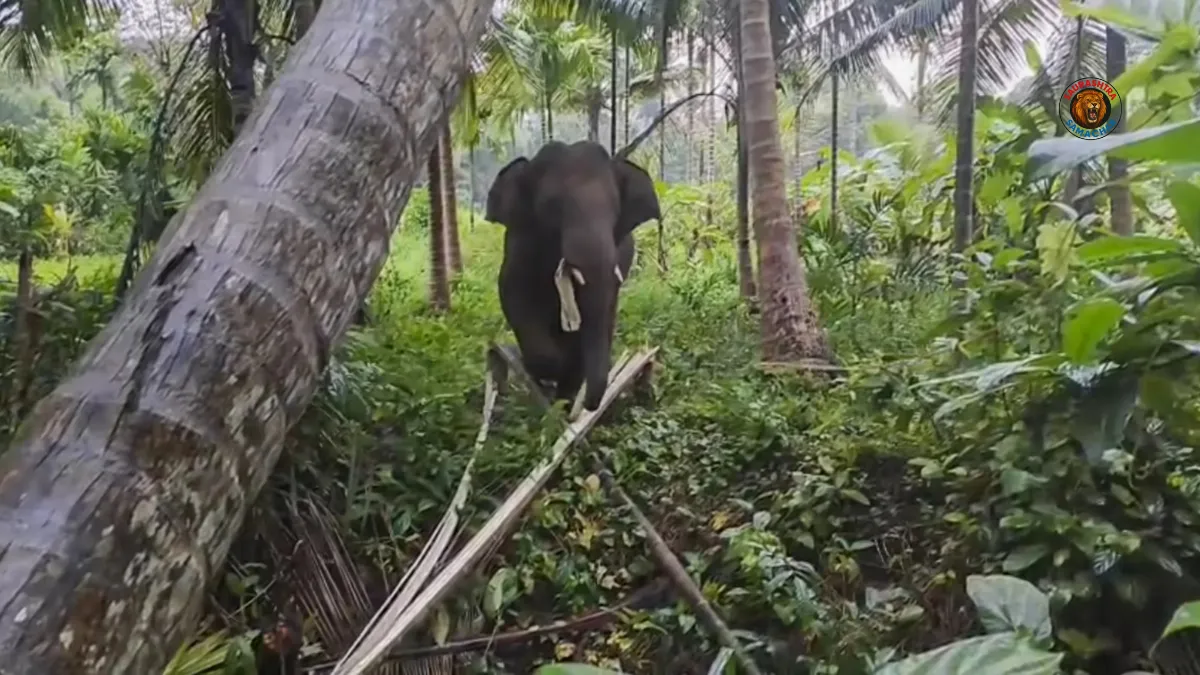SIT on Vantara has officially begun its work after being constituted by the Supreme Court of India to examine crucial matters related to Reliance Foundation’s Vantara project in Jamnagar, Gujarat. Just a day after the apex court announced the formation of the Special Investigation Team (SIT), the panel, headed by former Supreme Court judge Justice Jasti Chelameswar, reportedly conducted its first meeting virtually on Tuesday.
The opening session mainly focused on assigning responsibilities and delegating roles among its members. This marks the beginning of a high-profile inquiry into issues of animal acquisition, welfare standards, legal compliance, and the overall functioning of the Vantara wildlife rescue and rehabilitation facility.
Why the Supreme Court Formed the SIT on Vantara
The Supreme Court ordered the creation of the SIT on Vantara in response to rising concerns regarding the acquisition and treatment of animals at the Jamnagar facility. Vantara, run by Reliance Foundation, is one of the largest wildlife rescue and rehabilitation centers in India.
The court has directed the SIT to submit its report by September 12, covering a wide range of issues such as:
- Acquisition of animals from India and abroad, especially elephants.
- Compliance with the Wild Life (Protection) Act, 1972 and the zoo-related regulations.
- Examination of import and export laws relating to live animals.
- Verification of animal husbandry standards, veterinary care, and overall animal welfare.
- Investigation into mortalities and causes of animal deaths.
- Addressing complaints regarding climatic conditions at the Jamnagar facility.
- Reviewing concerns about the project’s location near an industrial zone.
The top court’s directive highlights the importance of transparency and legal compliance in large-scale conservation initiatives like Vantara.
Members of the SIT on Vantara
The SIT on Vantara consists of four members, each bringing unique expertise from the fields of law, policing, and customs. The panel is chaired by Justice Jasti Chelameswar, with Justice Raghavendra Chauhan, former Mumbai Police Commissioner Hemant Nagrale, and senior Customs officer Anish Gupta as members.
Here’s a closer look at the panel:
Justice Jasti Chelameswar – Chairperson of SIT
Justice Chelameswar, who retired from the Supreme Court in 2018, is known for his strong stance on judicial transparency. During his tenure, he:
- Dissented in the 2015 NJAC case, criticizing the opaque collegium system.
- Was one of the four judges who held the historic 2018 press conference against then CJI Dipak Misra, highlighting concerns over arbitrary case allocation.
His reputation for speaking out on institutional accountability makes him a strong choice to lead this sensitive investigation.
Justice Raghavendra Chauhan – Former Chief Justice
Justice R.S. Chauhan served as the Chief Justice of both Telangana and Uttarakhand High Courts before retiring in December 2021. His judicial career includes significant environmental interventions:
- In 2021, he took suo motu cognizance of illegal construction in Corbett Tiger Reserve, leading to a CBI probe and ban on further construction.
- He also stayed the State Wildlife Board’s decision to denotify Shivalik Elephant Reserve, protecting crucial elephant habitats.
His experience in environmental law aligns directly with the SIT’s mandate.
Hemant Nagrale – Former Police Commissioner
A 1987-batch IPS officer, Hemant Nagrale has served in multiple high-stakes positions:
- Commissioner of Police in Mumbai and Navi Mumbai.
- Director General of Police, Maharashtra.
- Played investigative roles in financial scams like the Harshad Mehta and Ketan Parekh cases during his CBI tenure.
- Assisted the SIT probing the Telgi stamp paper scam.
While he has faced criticism over some past controversies, his extensive investigative experience will be vital for the SIT on Vantara.
Anish Gupta – Senior Customs Officer
An IRS officer of the 2009 batch, Anish Gupta is currently posted as Additional Commissioner, Customs, in Patna. His career highlights include:
- Working at Nhava Sheva port in Mumbai, later facing graft allegations (later overturned).
- Serving as OSD in the Central Board of Indirect Taxes and Customs from 2017–2023.
- Participating in India’s African Cheetah translocation project in 2022, as part of the delegation to Namibia.
His expertise in import/export regulations and wildlife-related customs laws is especially relevant to the SIT’s mandate.
Key Issues Before the SIT on Vantara
The SIT on Vantara has been tasked with addressing a wide array of complex and sensitive matters. These include:
- Animal Acquisition – Whether elephants and other animals were acquired in compliance with Indian and international wildlife protection laws.
- Legal Compliance – Ensuring that all imports, exports, and acquisitions of animals follow existing statutes.
- Animal Welfare – Evaluating veterinary care, housing, climate suitability, and causes of animal deaths at Vantara.
- Industrial Proximity Concerns – Reviewing the ecological impact of situating a wildlife rescue center near an industrial zone in Jamnagar.
- Transparency – Investigating complaints from various quarters regarding the facility’s functioning.
Table: Quick Overview of SIT on Vantara
| Particulars | Details |
|---|---|
| Panel Name | Special Investigation Team (SIT) on Vantara |
| Constituted By | Supreme Court of India |
| Chairperson | Justice Jasti Chelameswar (Retd. SC Judge) |
| Other Members | Justice R.S. Chauhan (Retd. CJ), Hemant Nagrale (IPS), Anish Gupta (IRS) |
| Focus of Inquiry | Animal acquisition, wildlife law compliance, welfare standards, import/export regulations |
| Deadline for Report | September 12 |
| Facility Under Review | Vantara, Jamnagar, Gujarat (Reliance Foundation) |
Significance of SIT on Vantara
The formation of the SIT on Vantara signals the judiciary’s intent to ensure strict oversight on conservation and animal welfare projects, especially those involving private organizations.
While Vantara is known for its large-scale wildlife rescue efforts, including housing elephants and big cats, the concerns raised in court underline the need for:
- Transparency in acquisition of animals.
- Proper adherence to environmental laws.
- Humane treatment and ethical standards of animal care.
- Preventing any misuse of legal loopholes in conservation projects.
What Happens Next
The SIT on Vantara has less than a month to conduct its inquiry and prepare a comprehensive report for the Supreme Court. The report will play a decisive role in determining whether Vantara is fully compliant with India’s wildlife and environmental laws, or whether corrective measures are needed.
Given the panel’s composition and the seriousness of the issues, the findings are expected to have far-reaching implications not just for Vantara, but for all large-scale conservation and wildlife rescue projects in the country.
Also read: Vantara News: Supreme Court Forms SIT to Probe Alleged Rule Violations
Conclusion
The first meeting of the SIT on Vantara marks the beginning of a crucial investigation into one of India’s most high-profile wildlife projects. With experienced judges, a top police officer, and a seasoned customs official on board, the SIT has both the legal and investigative capacity to scrutinize the functioning of Vantara in detail.
As the deadline of September 12 approaches, all eyes will remain on the SIT’s report, which could shape the future of wildlife rescue and rehabilitation policies in India. The outcome will not only determine the credibility of Vantara but also set a benchmark for how India handles large-scale conservation projects in the years to come.
